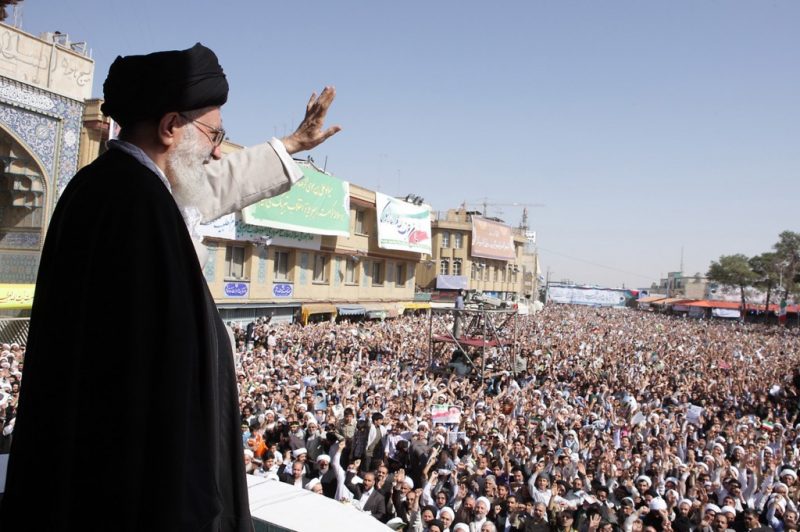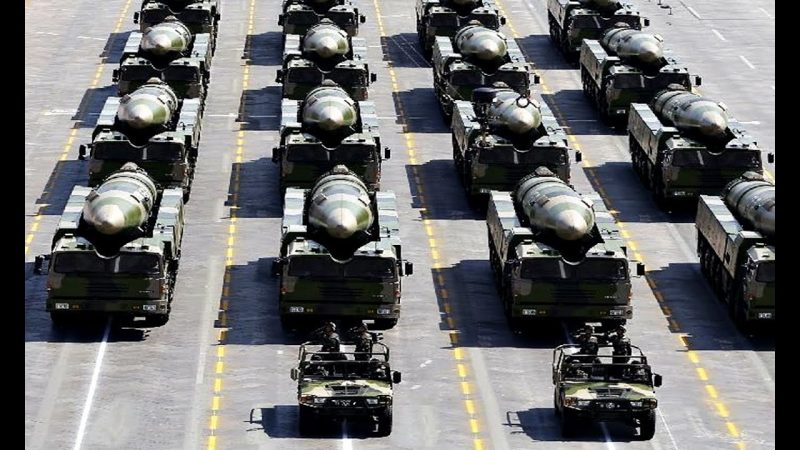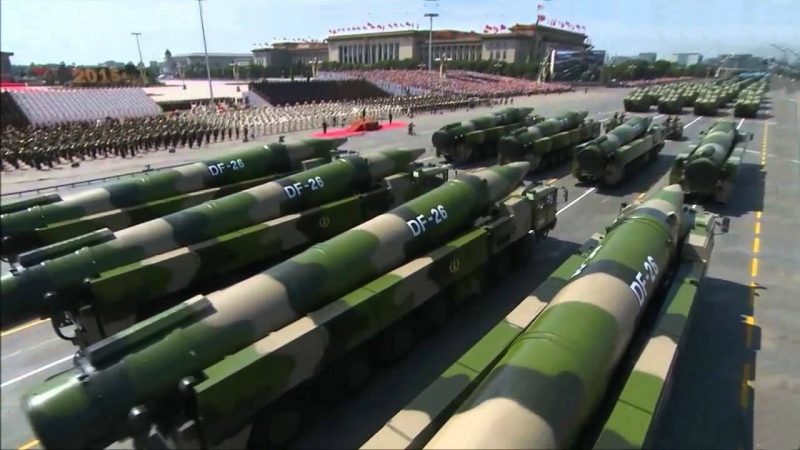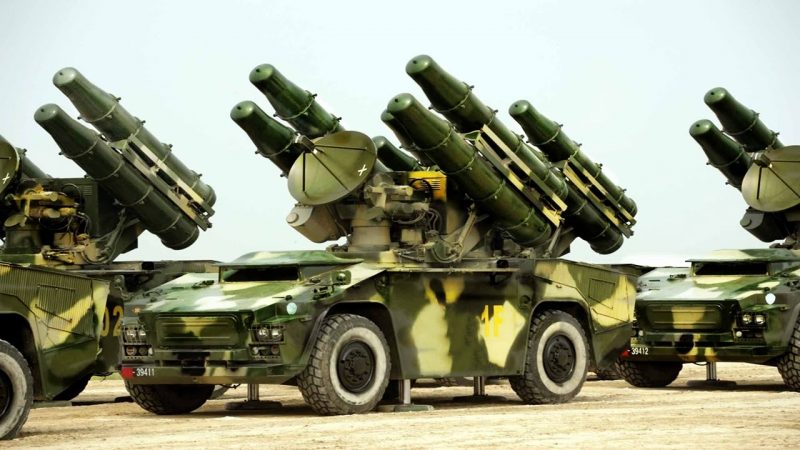
Iran’s announcement this week that it is suspending participation in the international nuclear accord is regrettable. But it is hardly unexpected, given the unrelenting provocations by the United States towards the Islamic Republic.
The latest provocation by Washington was the purported dispatch of a naval carrier strike group and B-52 nuclear-capable heavy bombers to the Persian Gulf. That US move was claimed to be based on “security concerns”, which in their vapidity and vagueness should prompt contempt from other observers.
Especially, too, because the US concerns of alleged Iranian “aggression” were delivered by none other than John Bolton, the national security advisor to President Trump, who has a long and sordid personal history of telling lies in order to justify American wars in the Middle East.
Iran’s warning that it will walk away completely from the 2015 nuclear accord, or Joint Comprehensive Plan of Action (JCPOA) as it is formally known, marks a reprehensible unwinding of international diplomacy.
The JCPOA was signed by Iran, Russia, China, the US and European Union (France, Germany and Britain) after several years of rigorous negotiations.
The deal finally signed in July 2015 was ratified by the UN Security Council. The accord is thus mandated by the highest authority of international law. It is the American side under the Trump administration which has done everything imaginable to trash the treaty, primarily by abrogating its signature one year ago.
Furthermore, the Trump administration has ratcheted up economic sanctions on Iran, in particular on the country’s vital oil trade.
Recently, Trump announced the US was cancelling waivers on eight nations which had continued to import Iranian crude, including China, India and Japan, thereby indicating that Washington was intent on imposing a global stranglehold on Iran’s economy.

The US moves are a total repudiation of the nuclear accord. Indeed, arguably, they constitute an act of war.
Tehran originally signed the deal with the unprecedented commitment to curb its nuclear enrichment activities. It was a generous concession by Iran – an unprecedented self-imposed restriction and forfeiture of its legal right to enrich uranium as a long-time signatory to the 1970 Nuclear Non-Proliferation Treaty (NPT).
Iran did that to assuage American claims it was secretly trying to build nuclear weapons, something which Tehran has consistently denied, saying that its nuclear industry is dedicated to civilian purposes, as the NPT permits.
Despite over a dozen on-site inspections of Iranian facilities by the UN nuclear watchdog, the International Atomic Energy Agency, which have all verified Iran’s full compliance with the terms of the nuclear accord, Washington has done everything to impede Iran from benefiting from sanctions relief, which Iran is legally entitled to from implementation of the JCPOA.
Iran’s economy has suffered greatly from the ongoing de facto blockade that the US has imposed, an abuse of power owing to the latter’s influence on global banking and the dominance of the American dollar in oil trade.
Washington’s provocations have risen to new heights with the recent US designation of Iran’s elite Revolutionary Guard Corps as a “terrorist organization”.
Claims by Washington that Iran is engaged in covertly sponsoring regional terrorism are groundless, and indeed bitterly ironic given American complicity in sponsoring state and non-state terrorism.

In any case, the alarming stand-off that has emerged between the US and Iran is indisputably the consequence of Washington’s bad faith and irrational aggression towards Tehran.
Iran is responding by notifying its cancellation of the JCPOA, and also if it is attacked military by the US it will block the vital oil trade route known as the Strait of Hormuz, the Persian Gulf outlet through which a quarter of the world’s daily shipped oil passes.
If the stand-off goes that way, then the world will witness an economic meltdown, if not a military conflagration.
This week when Iran announced its intention to suspend participation in the nuclear accord, the European powers reacted by remonstrating with Tehran for not upholding the JCPOA. China and Russia called on all sides to comply with the treaty.
Russia’s Foreign Minister Sergei Lavrov went further and said that Washington must take responsibility for the dire state of affairs. The European powers have hardly implemented the JCPOA beyond paying lip service over the past four years.
They have pathetically ceded to Washington’s outrageous intimidation of “secondary sanctions” hitting legitimate European investment and trade with Iran.
How’s that for monstrous arrogance? Washington is no longer a signatory to the JCPOA – a deplorable violation in itself – but in addition it wants to tear up the signatures of others who intend to abide by the treaty.
Rather than admonishing Iran for its intended suspension of the JCPOA, the European Union should be siding with Russia, China and the UN in fully backing the JCPOA and, what’s more, expressing its full condemnation of the US for making a mockery of international diplomacy and law.
By not doing so, the Europeans are only indulging Washington’s worst instincts for aggression. And the rest of the world may pay a severe price for this indulgence and lack of European integrity and independence.

Strategic Culture Foundation Editorial
The 21st Century
